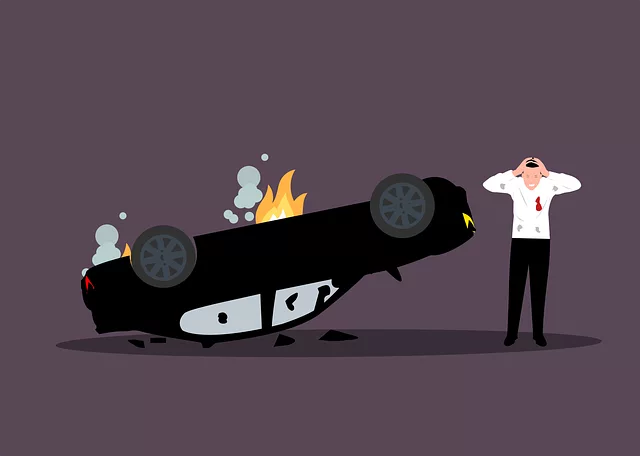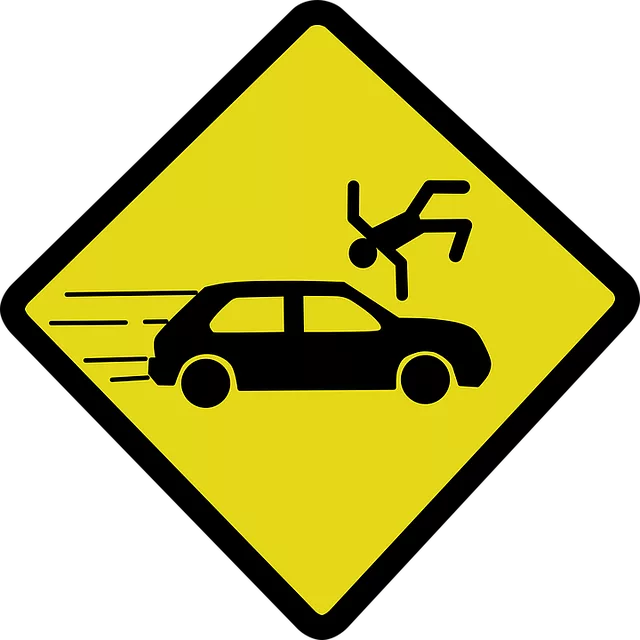Whiplash injuries caused by vehicle accidents in The Bronx, NY, are common and can lead to long-term health issues. Understanding trucking company liability is key to seeking justice under state laws. New York holds trucking companies accountable for driver training, vehicle maintenance, and safety protocols. Victims should promptly report injuries, gather evidence, and consult specialized attorneys to navigate complex legal processes regarding compensation for whiplash damages from trucking accidents in The Bronx.
Whiplash, a common injury from car accidents, can have significant impacts on victims’ lives. In Queens, understanding the legal implications of whiplash injuries is crucial, especially when involved with trucking companies under New York State law. This article delves into the intricacies of trucking company liability in The Bronx, exploring how victims can navigate their rights and compensation options. Key topics include the role of trucking companies and the legal framework surrounding them.
- Understanding Whiplash Injuries and Their Legal Implications in Queens
- The Role of Trucking Companies in New York State Lawsuits
- Exploring Trucking Company Liability: A Deep Dive into The Bronx's Legal Framework
- Navigating Compensation for Whiplash: Rights and Options for Victims
Understanding Whiplash Injuries and Their Legal Implications in Queens

Whiplash injuries, often the result of sudden and forceful impacts, are common in car accidents but can also occur in incidents involving trucks within Queens. These injuries refer to damage to muscles, tendons, and ligaments in the neck, typically caused by a rapid backward and forward jerking motion. While they may seem minor at first, whiplash can lead to significant pain, discomfort, and long-term health issues.
In terms of legal implications, understanding liability is crucial, especially when involving trucking companies in The Bronx. New York State laws hold at-fault parties accountable for damages, including medical expenses, pain and suffering, and lost wages. Trucking companies are often held liable for their drivers’ actions, particularly in cases where proper training and safety protocols were not followed. Prompt reporting of injuries and seeking legal counsel from experienced whiplash lawyers in Queens is essential to navigate the complex process of claiming compensation for one’s rights and well-being.
The Role of Trucking Companies in New York State Lawsuits

In New York State, including The Bronx, trucking companies play a significant role in personal injury lawsuits, particularly when it comes to whiplash cases. These companies are held to a high standard of care due to the potential risks associated with commercial vehicles. Trucking company liability is a crucial aspect of ensuring safety on the roads and providing justice for victims. When a truck driver or their employer is negligent, leading to an accident that causes whiplash or other injuries, affected parties can seek compensation from the trucking company.
The law in New York State holds trucking companies accountable for their operations, including vehicle maintenance, driver training, and adherence to traffic regulations. This liability extends to situations where inadequate practices result in accidents causing whiplash, a common injury due to sudden stoppages or collisions. The Bronx’s location as a major transportation hub means that many truck-related incidents occur here, leading to increased legal scrutiny of trucking companies to prevent negligence and its consequences.
Exploring Trucking Company Liability: A Deep Dive into The Bronx's Legal Framework

In the event of a whiplash injury caused by a trucking company’s negligence, understanding trucking company liability is paramount. The legal framework in The Bronx, New York, offers a comprehensive set of guidelines to ensure accountability and justice for victims. This involves investigating the specific circumstances surrounding the accident, including driver training, vehicle maintenance records, and compliance with safety regulations.
Key aspects often considered are the company’s policies regarding driver hours, load securing, and proper labeling. Deeply embedded in The Bronx‘s legal system is the principle that trucking companies have a duty of care to passengers and other road users. This means they must implement rigorous safety measures and practices to minimize risks and prevent accidents. A thorough examination of these protocols can be instrumental in determining liability and securing compensation for victims suffering from whiplash injuries.
Navigating Compensation for Whiplash: Rights and Options for Victims

Victims of whiplash, often caused by motor vehicle accidents, including those involving a trucking company in The Bronx, face significant challenges navigating their legal rights and options for compensation. Whiplash is a complex injury that can lead to long-term pain and disability, impacting a person’s quality of life. In such cases, it’s crucial to understand the potential liability of the at-fault party, whether it’s an individual driver or a trucking company.
The process of seeking compensation involves several steps. First, victims need to document their injuries and medical treatment thoroughly. This includes keeping records of all healthcare visits, treatments, and prescriptions. Next, they should gather evidence such as police reports, witness statements, and photos of the accident scene. These steps are essential when presenting a case to an insurance company or filing a lawsuit against the responsible party, including trucking companies operating in The Bronx.
In light of the above discussions, it’s clear that understanding whiplash injuries and navigating legal implications in Queens requires a deep dive into specific regions’ legal frameworks, such as The Bronx. Trucking company liability plays a significant role in New York State lawsuits, emphasizing the need for victims to know their rights and options when pursuing compensation. By exploring these aspects, individuals affected by whiplash can ensure they receive fair and just treatment, holding accountable those responsible for their injuries.
